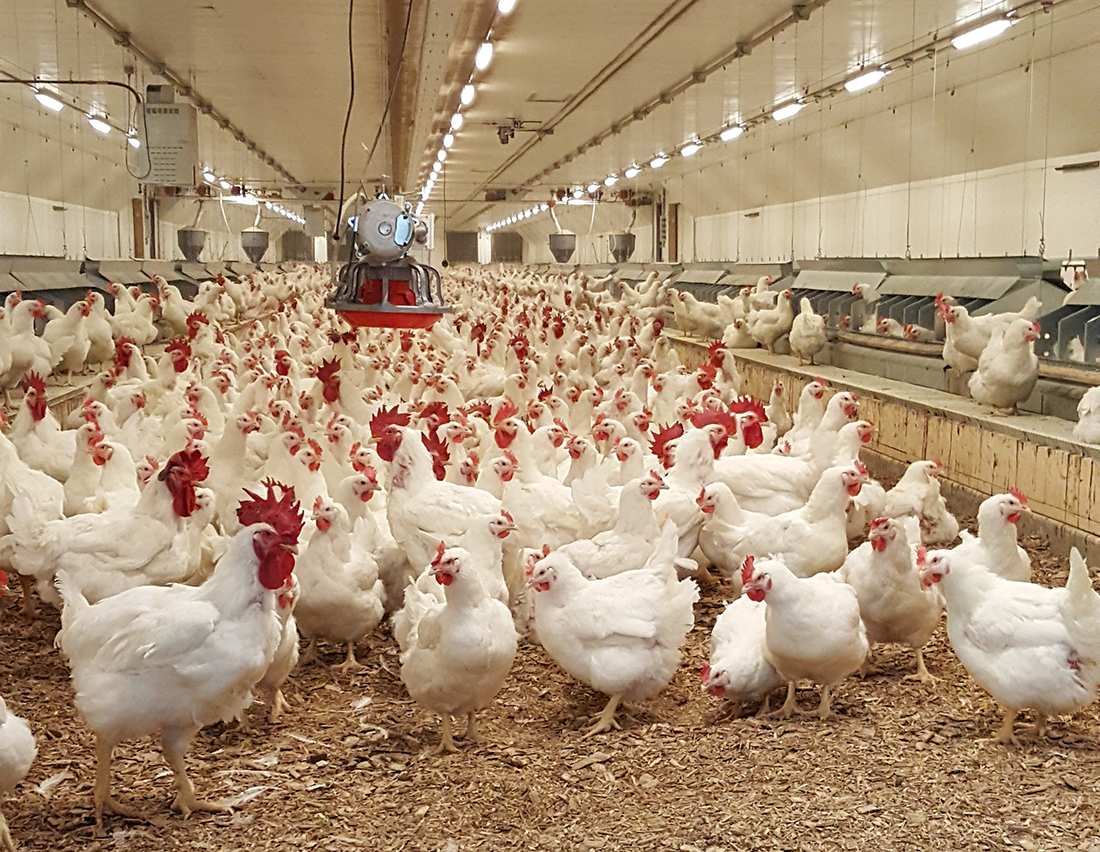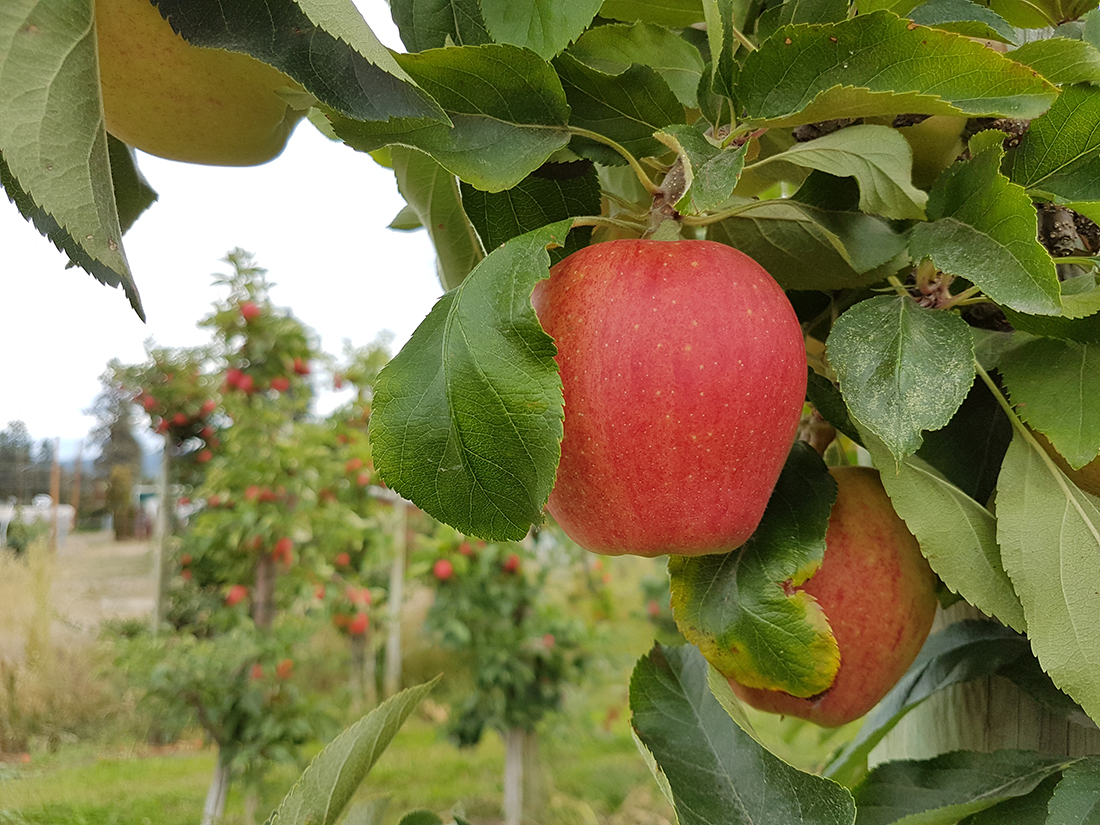The fourth annual BC Poultry Conference enjoyed record attendance with just over 500 people registered for the event held in Vancouver, February 28-March 1.
The conference brings together representatives of the province’s four feather groups – chicken, eggs, hatching eggs and turkeys – for two days of annual meetings, motivational speakers and technical seminars.
The mood at the conference was largely upbeat. Both egg producers and chicken growers are enjoying unprecedented industry growth. Turkey growers, however, are facing production cutbacks as consumption of whole turkeys at Easter, Thanksgiving and Christmas declines steadily.
All four sectors have individual issues but the detrimental impact of recent trade agreements is a common concern.
“Supply management has become a bargaining chip in trade negotiations,” Egg Farmers of Canada executive director Tim Lambert said, with Turkey Farmers of Canada executive director Phil Boyd adding this has been a problem regardless of which party is in power in Ottawa.
Lambert said the World Trade Organization, CUSMA and CP-TPP agreements will allow an additional 50 million dozen eggs to come into Canada tariff-free over the next 16 to 18 years. Chicken Farmers of Canada executive director Michael Laliberté said the agreements mean an additional 130 million kilograms of chicken imports over the same time period.
If chicken and egg consumption continues to increase, those two sectors may be able to withstand greater imports without cutting back domestic production. However, because turkey consumption has been declining, increased turkey imports will have a direct effect on Canadian growers.
“We will lose 6% of our farm production,” Boyd said.
All four groups pointed to trade negotiations with MERCOSUR, a trading bloc that includes Argentina, Brazil and three other South American countries as the next potential threat. Brazil is among the world’s largest exporters of poultry products.
Canadian Hatching Egg Producers chair Jack Greydanus called on all producers to be “in the face” of politicians to let them know the impact these agreements are having on their livelihood and to demand no further concessions in future trade deals.


 Cold weather raises concerns for crops
Cold weather raises concerns for crops